Philip Morris International (PMI) is not your average tobacco company. While many perceive tobacco stocks as relics of the past, PMI has embarked on a radical transformation. This shift has drawn attention from investors worldwide, fueling debates over whether the company is merely experiencing a short-term spike or cementing itself as a long-term contender. Let’s dive into what makes PMI a compelling case study.
The Tobacco Industry: High Barriers to Entry
The tobacco industry boasts unique economics that make it particularly appealing for investors. Government regulations restrict advertising and packaging, which paradoxically improve profit margins by eliminating unnecessary spending. Terry Smith, a shareholder of PMI, highlights how these barriers to entry favor existing giants like Philip Morris, cementing their dominant market positions.
PMI’s Transformation: Embracing Smoke-Free Products
PMI is not resting on its laurels. The company has pivoted aggressively toward smoke-free products, such as IQOS heated tobacco devices and ZYN nicotine pouches. These innovations account for 39% of its revenue today, with an ambitious goal of reaching 67% by 2030. The smoke-free segment grew 14.2% in 2024, signaling a promising future.
Historical Performance
Investors who placed $1,000 into PMI a decade ago have seen solid returns. With dividends factored in, the investment would now total $2,620—a 160% gain. Such returns are impressive for a company in a so-called declining industry.
Mixed Signals in Investor Sentiment
While PMI has attracted eight super investors, including Terry Smith, insiders own only 0.2% of the company. Additionally, net selling by super investors in recent quarters may raise concerns about future growth prospects.
Fundamentals: A Mixed Bag
PMI’s financial health is notable:
- Return on Invested Capital (ROIC): An impressive 31.8%, far exceeding the 10% benchmark.
- Net Profit Margin: A robust 25.3%, compared to the industry median of 14.5%.
- Debt: A significant drawback, as it would take nearly four years of free cash flow to clear long-term debt.
- Revenue Growth: A modest 2.4% CAGR over the past decade, highlighting challenges in its traditional market.
Valuation: Expensive or Worth It?
Using a discounted cash flow analysis, PMI’s intrinsic value ranges from $70 to $146 per share, depending on the growth scenario. With a current price of $155, the stock appears overvalued, though its premium reflects its transformation potential.
Key Risks and Opportunities
The recent Canadian Tobacco settlement imposes an $8 billion financial obligation. However, it excludes smoke-free products from future payment calculations, strategically aligning with PMI’s long-term goals. This underscores the importance of its smoke-free transformation in mitigating legacy risks.
Final Thoughts
Philip Morris International stands at a crossroads. On one hand, its financial metrics, robust brand, and smoke-free innovations offer a compelling growth story. On the other, high valuations and debt warrant cautious optimism. For investors, the central question is whether PMI can sustain its growth trajectory in the evolving landscape.
https://youtu.be/sG3odeBLDrw?si=TVUM3Je3llFAVEvA
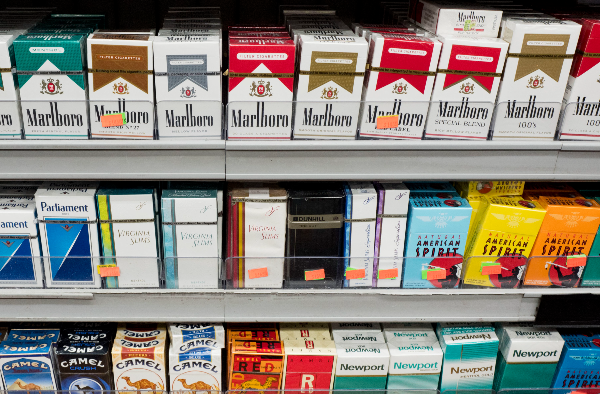

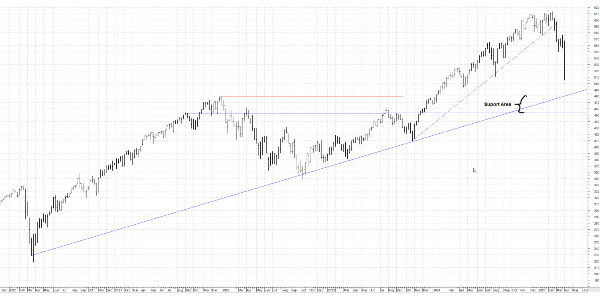





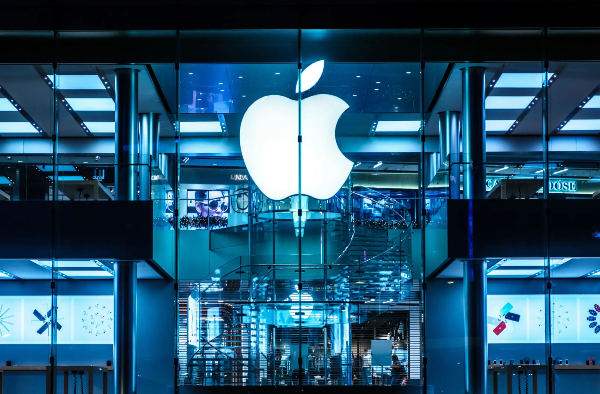
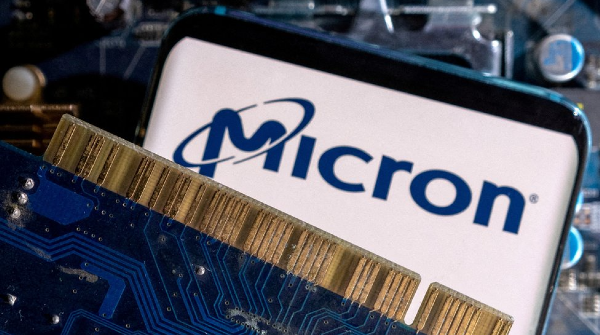




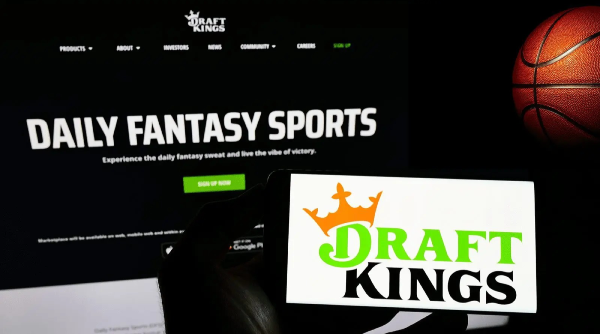
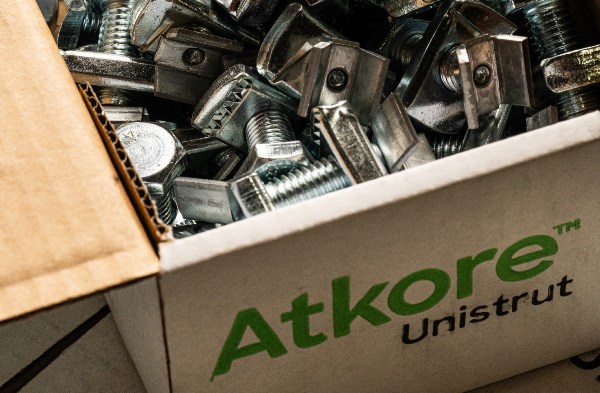
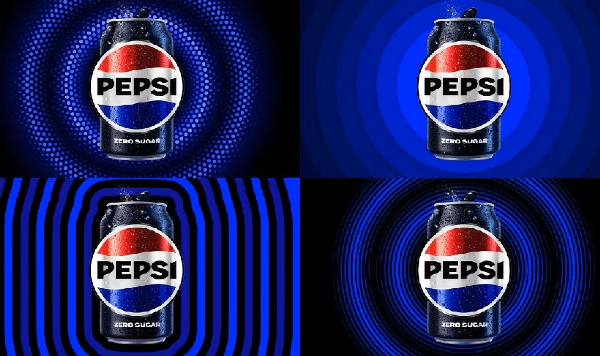

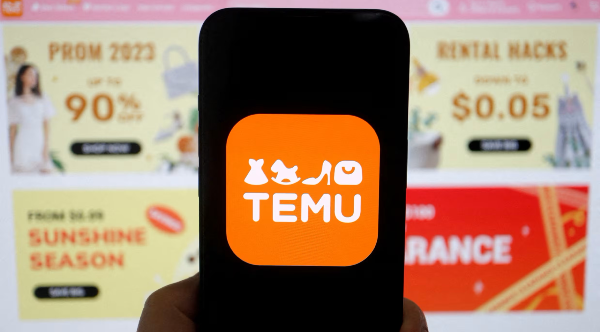



Philip Morris International (PMI) is not your average tobacco company. While many perceive tobacco stocks as relics of the past, PMI has embarked on a radical transformation. This shift has drawn attention from investors worldwide, fueling debates over whether the company is merely experiencing a short-term spike or cementing itself as a long-term contender. Let’s dive into what makes PMI a compelling case study.
The Tobacco Industry: High Barriers to Entry
The tobacco industry boasts unique economics that make it particularly appealing for investors. Government regulations restrict advertising and packaging, which paradoxically improve profit margins by eliminating unnecessary spending. Terry Smith, a shareholder of PMI, highlights how these barriers to entry favor existing giants like Philip Morris, cementing their dominant market positions.
PMI’s Transformation: Embracing Smoke-Free Products
PMI is not resting on its laurels. The company has pivoted aggressively toward smoke-free products, such as IQOS heated tobacco devices and ZYN nicotine pouches. These innovations account for 39% of its revenue today, with an ambitious goal of reaching 67% by 2030. The smoke-free segment grew 14.2% in 2024, signaling a promising future.
Historical Performance
Investors who placed $1,000 into PMI a decade ago have seen solid returns. With dividends factored in, the investment would now total $2,620—a 160% gain. Such returns are impressive for a company in a so-called declining industry.
Mixed Signals in Investor Sentiment
While PMI has attracted eight super investors, including Terry Smith, insiders own only 0.2% of the company. Additionally, net selling by super investors in recent quarters may raise concerns about future growth prospects.
Fundamentals: A Mixed Bag
PMI’s financial health is notable:
Valuation: Expensive or Worth It?
Using a discounted cash flow analysis, PMI’s intrinsic value ranges from $70 to $146 per share, depending on the growth scenario. With a current price of $155, the stock appears overvalued, though its premium reflects its transformation potential.
Key Risks and Opportunities
The recent Canadian Tobacco settlement imposes an $8 billion financial obligation. However, it excludes smoke-free products from future payment calculations, strategically aligning with PMI’s long-term goals. This underscores the importance of its smoke-free transformation in mitigating legacy risks.
Final Thoughts
Philip Morris International stands at a crossroads. On one hand, its financial metrics, robust brand, and smoke-free innovations offer a compelling growth story. On the other, high valuations and debt warrant cautious optimism. For investors, the central question is whether PMI can sustain its growth trajectory in the evolving landscape.
https://youtu.be/sG3odeBLDrw?si=TVUM3Je3llFAVEvA